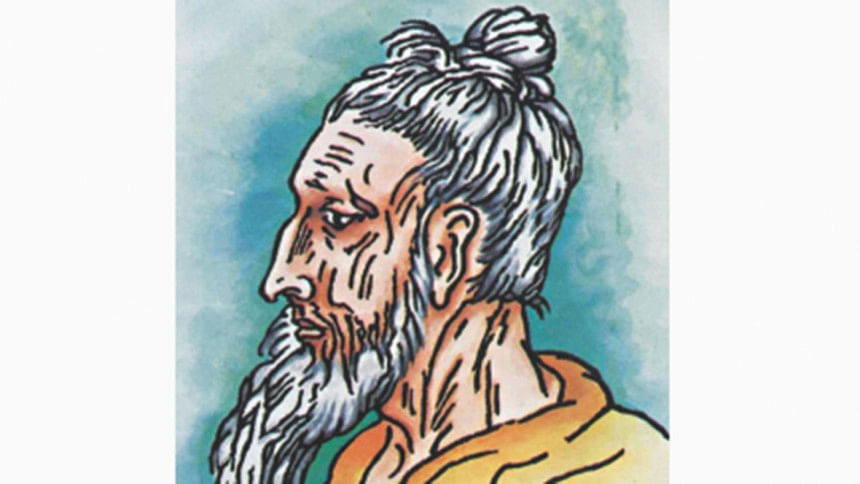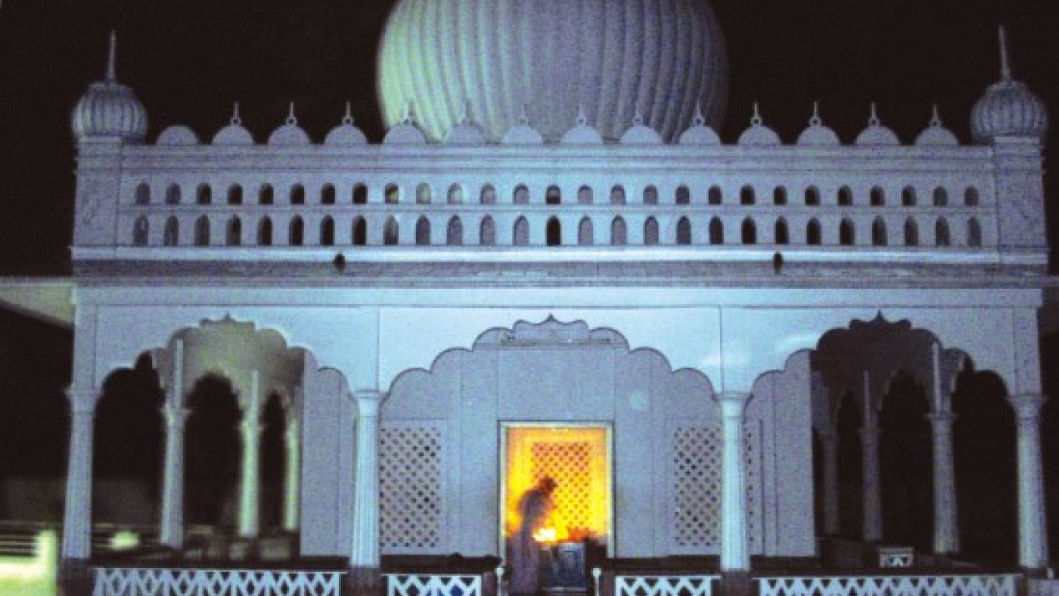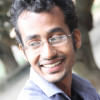Opinion: Lalon, the Divine spark that enlightens Bengal

“Elahi Almin go Allah badshah alam pana tumi……” cries Lalon Shai from the depth of his soul cajoling the Divine to grant “doya” – mercy and deliverance from the impurities of earthly existence.
He is one and the only Avatar of the kind this region has known in its truest sense. Lalon was undoubtedly a seeker of the Truth - his divine “Moner Manush” as we get to know from all of the mystic songs of the Baul tradition that he composed and now reverberates through the hearts of millions of Bengalis.
The great Bengali mystic sage Lalon Shai left this earthly plane of ours on this day (17th October) in 1890. To commemorate the life and teachings of this great sage every year we observe three- to five-day long ceremony in Kushtia, where his Shrine is situated on the bank of the river Kaliganga. Followers (Bhaktas) from all over the world come rushing and fair, cultural festivities celebrating Lalon songs, discussions and other activities specific to Baul tradition are conducted in solemn dignity. The ceremonies began on the 16th of October this year and are currently underway.

His life is an opus of Nature presenting the journey of each and every soul traversing this human existential plane where one must search today or tomorrow for their truth; their “moner manush". But Lalon was at the peak of his spiritual journey where he constantly seeks the Divine Truth and aspires firmly for the union with The One as the cosmic moment constantly draws nigh.
In the process, he just kept on singing his soul out, poured all the mystic magnificence there was inside him just like the premier mystic bard that he was. Or one might say that the Divine Himself was vibrating through his voice.
Shai Ji throughout his life propounded the oneness and equality of all human existence and denounced in strong terms all the dividing forces of cast, creed and gender. He placed above all the sanctity of human soul. In his numerous mystic songs we see the references of “Sohojmanush” or “Manush Guru” that establish the man as the only Divine Truth there is to be realised.
To trace back the roots of the great Baul tradition, and Lalon himself, we have to search in the Sufi literature that is grounded in the core concepts of union with the Divine.
The Sufi mystic philosophy, that each and every human being harbors within him the Divine spirit that they must aspire to discover through years or even through many lives of perseverance - “sadhana”-- is the core of Baul culture. Essentially Baul tradition has its roots in these Sufi concepts with differences of approaches in certain minor aspects of thoughts and practices. And exactly that’s why we see recurrent expressions through Islamic jargons in all the Baul songs along with those created by Lalon.
Today, all the followers of Shai Ji are the followers of the same truth, the reflection of which we see in many other great saints and sages of all time.
From the Neo-platonic sages like Plotinus to modern Indian Sri Aurobindo or Swami Vivekananda we see all but the same reference of the ancient mystic knowledge of seeking the Truth, the Divine flare that is within or the ‘moner manush’ the union with whom will dissolute the ephemeral earthly existence and human ego –‘Jhokmari ei dunia dari”- into an eternally blissful existence - as Lalon calls it the “Arshi nogor” or “opar” meaning the other side - in his numerous songs while he sings “‘pare niye ja amay” or “esho doyal par koro”.
The only major difference is that the Indian sages found their roots of knowledge in the great Puranic texts of ancient India hence their language found expression with the jargons, terms and myths specific to those yogic texts. And not surprisingly at all that “Yoga” also means “The Union”! Here too the union is the same union that Lalon had been so desperately seeking all through his life and I hope and believe finally achieved.
So, Lalon bridges our Bengali culture with its mystic depth and spiritual beauty to the new age spirituality that the west and the rest of the world are only beginning to realize. He is none other than the spark of Divinity that enlightens the Bengal.

 For all latest news, follow The Daily Star's Google News channel.
For all latest news, follow The Daily Star's Google News channel. 



Comments